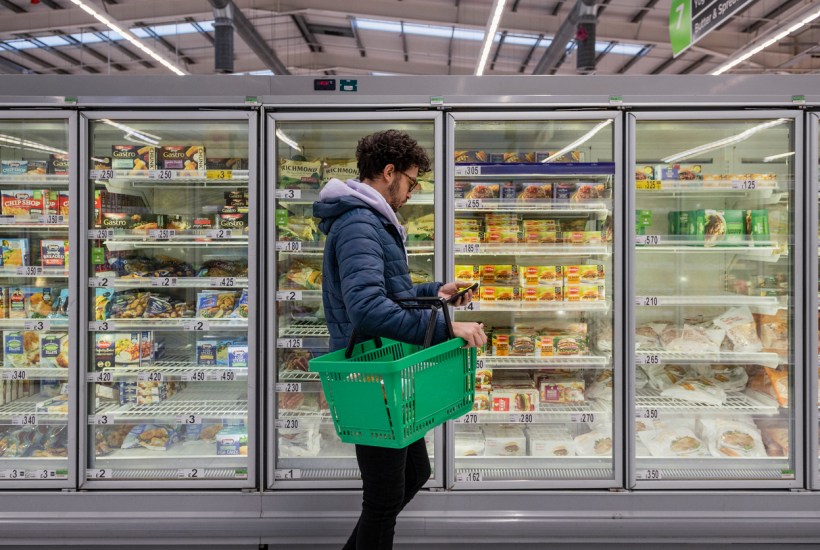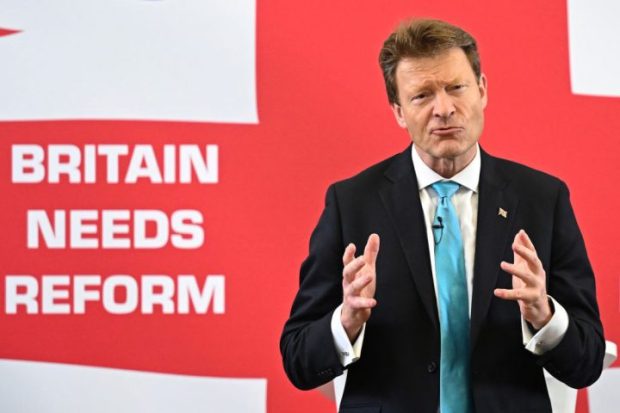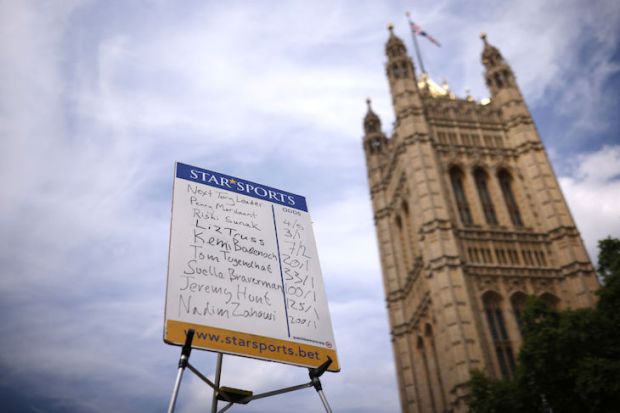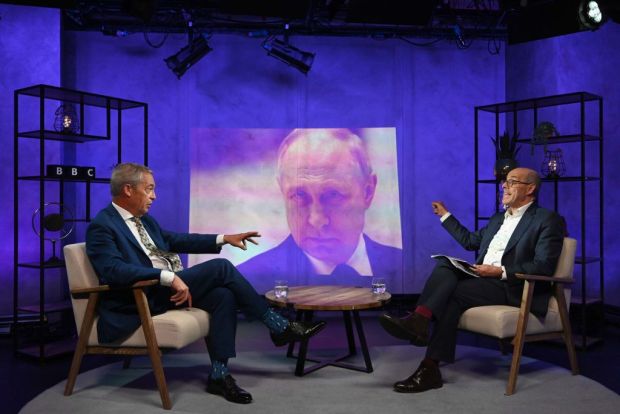Oil prices are down, wholesale gas prices are down, so why isn’t inflation falling a lot faster than it is? The Consumer Prices Index (CPI) for December, announced this morning, stood at 10.5 per cent, down from 10.7 per cent in November and 11.1 per cent in October – a welcome boost but still way, way above the Bank of England’s target of 2 per cent.
Already a subscriber? Log in
Subscribe for just $2 a week
Try a month of The Spectator Australia absolutely free and without commitment. Not only that but – if you choose to continue – you’ll pay just $2 a week for your first year.
- Unlimited access to spectator.com.au and app
- The weekly edition on the Spectator Australia app
- Spectator podcasts and newsletters
- Full access to spectator.co.uk
Or





















Comments
Don't miss out
Join the conversation with other Spectator Australia readers. Subscribe to leave a comment.
SUBSCRIBEAlready a subscriber? Log in